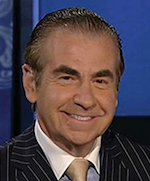 Fraser Seitel Fraser Seitel |
When both Rush Limbaugh and The New York Times go after you for the same infraction, you must be doing something right!
The poor shnook who found himself this month in the crosshairs of the right-wing commentator and the left-wing newspaper was none other than the greatest NBA basketball player on the planet, LeBron James. The transgression that so enraged Mr. Limbaugh and the Times involved Mr. James’ criticism of Twitter comments by Houston Rockets’ general manager Daryl Morey, who in October tweeted his support for the recent protests in Hong Kong.
Mr. James argued that Mr. Morey probably should’ve stayed out of the Hong Kong dispute with China because the Rockets’ executive was “misinformed or not really educated” on the issue. In other words, contended Mr. James, Mr. Morey, as they say in court, “lacked standing” to offer his two cents on the conflict. And because the Morey tweet—which he quickly deleted—resulted in an enraged China reconsidering its many financial relationships with the NBA, James worried that the errant tweet would inadvertently cost lots of people who depended on the NBA-China relationship lots of money.
So, James felt Morey should’ve kept his mouth shut, or in this case, his thumb still.
Mr. Limbaugh, The New York Times and social justice warriors throughout the fruited plain were revulsed by James’ lack of empathy for the persecuted Hong Kong throng. In near-universal rejection of his cold-heartedness, James’ critics responded with a full-throated, Greta Thunbergian, “How dare you!”
Today, as James reverts back to his more familiar hardwood playground, his accusers return to their nonstop impeachment wrangling and Morey remains very much off the radar screen, the questions remain.
“Was LeBron wrong?”
“Should individuals who lack knowledge on social issues get involved anyway?”
“And what about organizations? Should they spring to involve themselves in social issues that have little bearing on their business?”
It’s fashionable these days to say that corporations have a responsibility to take action on important social issues, and if they don’t, customers—particularly Millennials—will forsake them, meaning companies that don’t get involved in issues like immigration, climate change and gun control will pay a penalty. Stated another way, the “cause marketing” of the 2000s has morphed into the “socially responsible marketing” of the 2010s.
Of course, it’s true that organizations directly affected by social issues have no choice but to take a stand. That’s why Dick’s Sporting Goods was right to stop selling automatic weapons and raise the age to purchase firearms in its stores. It’s why CVS showed great courage in eliminating the sale of cigarettes in its stores. And it’s why Facebook took the right step this month to contribute $1 billion for California to build affordable housing, after criticisms that highly-paid technology workers have exacerbated the state’s housing problem.
These companies correctly stepped up to confront social issues with direct bearing on their business. In doing so, they demonstrated when it makes sense for organizations to lead on social issues.
But that’s a lot different than involving the organization in controversial issues far removed from the firm’s business, which can—and have—redounded to the sponsor’s detriment. For instance:
When Chik-fil-A founder Dan Cathay railed against same-sex marriage in 2012, his stores, employees and business partners became lightning rods for criticism, so much so that a month later, Chik-fil-A announced to the world, "Going forward, our intent is to leave the policy debate over same-sex marriage to the government and political arena.”
Three years later, when Starbucks’ do-gooding founder Howard Schultz announced his “Race Together” campaign, in which baristas would henceforth engage customers in “a national conversation about race relations,” it was an unmitigated—and thankfully short-lived—disaster.
Most recently, it was Salesforce CEO Marc Benioff—a model business leader both in contributing philanthropically and rewarding his shareholders—who learned the unintended consequences of suddenly abandoning one’s business purpose for social betterment. When Benioff announced on CNBC that the time had come for the business to focus on “making the world a better place” and that “capitalism as we know it is dead,” Salesforce’s previously high-flying stock was immediately pounded and has yet to recover.
The point is that if there’s no direct connection between the social issue confronted and the purpose of the enterprise, you’ve got to ask yourself whether it’s really worth taking the risk.
Which brings us back to LeBron James, the NBA and the Hong Kong protestors.
The point, my dear Shaquille, is not whether Daryl Morey had the right to say what he tweeted. Of course, he did; in the land of the free, we’re all privileged with the right to say virtually anything we want.
But the more crucial questions are: Should he have said it? Was the outcome he hoped to achieve worth the risk of taking a public stand?
And the answers to those questions, as LeBron and NBA Commissioner Adam Silver and all those thousands of merchandise sellers and sneaker makers and sports channel employees now worried about their livelihood will attest, is an unequivocal “no.”
And if you still aren’t convinced, go ask Daryl Morey whether he still thinks it was a good idea. That is if you can find him.
***
Fraser P. Seitel has been a communications consultant, author and teacher for 40 years. He’s author of the Pearson text “The Practice of Public Relations,” now in its 14th edition, and co-author of “Rethinking Reputation" and "Idea Wise.” He may be reached directly at [email protected].


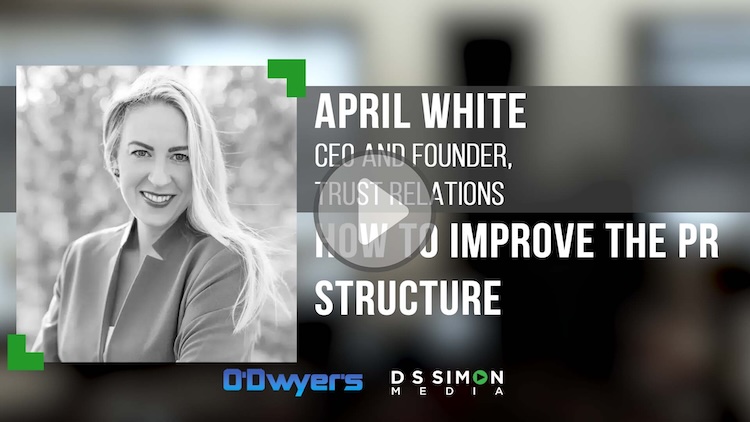
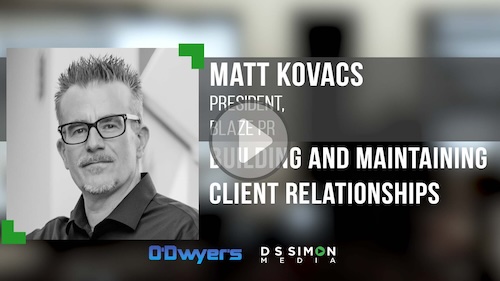

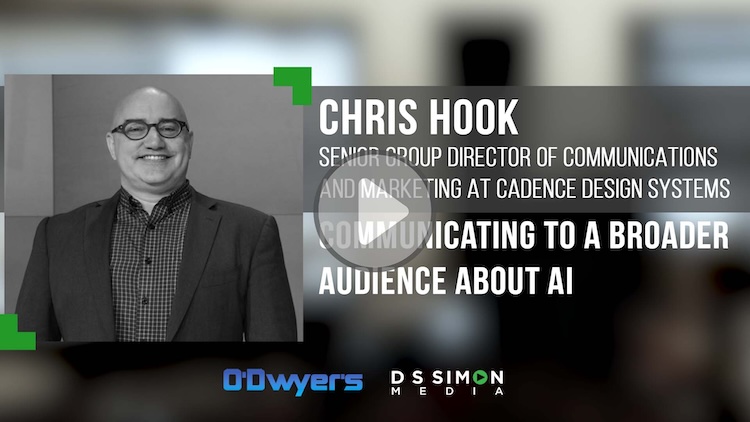
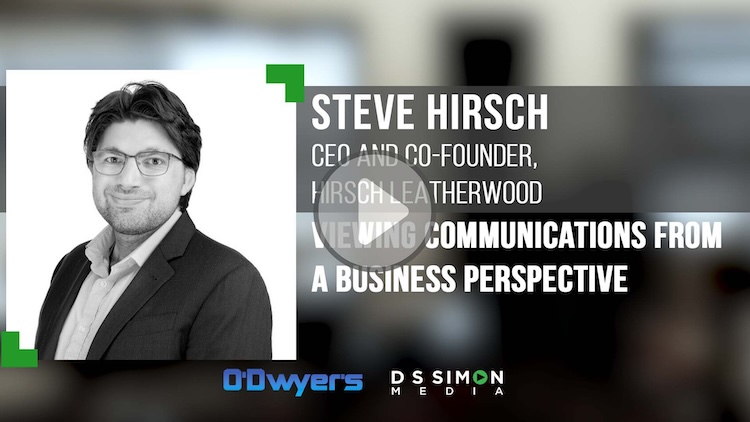



 Have a comment? Send it to
Have a comment? Send it to 
No comments have been submitted for this story yet.